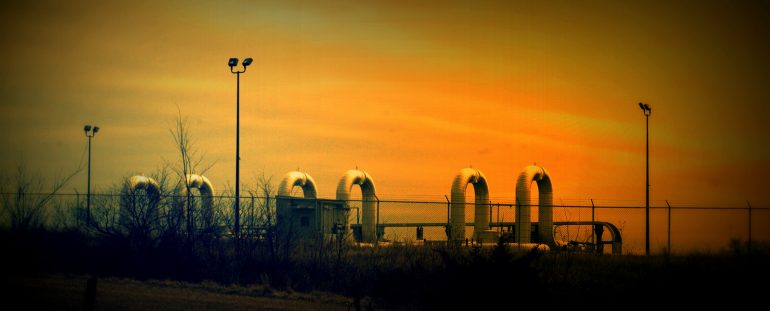This past Friday the State Department put out its report on the Keystone XL Pipeline. Much to the dismay of the broader environmental movement, the report stated that the pipeline would not substantially increase carbon pollution. Many now feel that it is just a matter of time until the project is approved.
The New York Times recently ran an article entitled, Report Opens Way to Approval for Keystone Pipeline. Covered in the article are the many dimensions (environmental, political, economic) of this heated issue. Many environmentalists have dedicated large amounts of effort, both time and money, to ensuring the pipeline does not get built. On the other side, the oil industry and many Republicans (and a few Democrats) champion the pipeline because they believe it will create jobs and provide a safe source of oil. Towards the end of the article the author, Coral Davenport, notes:
Although the pipeline is a potent political symbol, its true impact on both the environment and the economy would be more limited than either its supporters or its opponents suggest.
She then goes on to talk about how regardless if the pipeline is put in place a most of the oil will make its way to the market, out of Canada by rail. In this case, the rate of extraction would be the exact same.
The political dimensions surrounding the pipeline have nearly split the country in half and the pipeline is now proving to be a no-win situation for President Obama, who faces a very tough decision ahead. Politico has put out an article on the “unpleasant options” that face him:
The political pros and cons for Obama are anything but simple. And his decision —by no means imminent — will affect his legacy, the prospects for congressional Democrats and the future of the liberal environmental movement, for starters…
Building Keystone would in theory both appeal to independents and Republicans, yet it is just as likely that Obama wouldn’t get credit or love for granting the pipeline permit. The Republicans that have spent five years attacking his administration’s energy policies are not going to suddenly lay off.
In many ways the Keystone XL Pipeline has become a symbol of something much larger: the debate on climate change and energy. The country is in many ways torn between those who look towards oil’s ability to create jobs and those who see oil’s ability to create greater climatic issues. One thing is beyond certain though, we must wean ourselves from our sickly oil dependency—it is neither sustainable or ecologically sound.
ETR readers where do you stand on this debate? Should the pipeline be built or not? Does the recent State Department report change your mind in any way?





